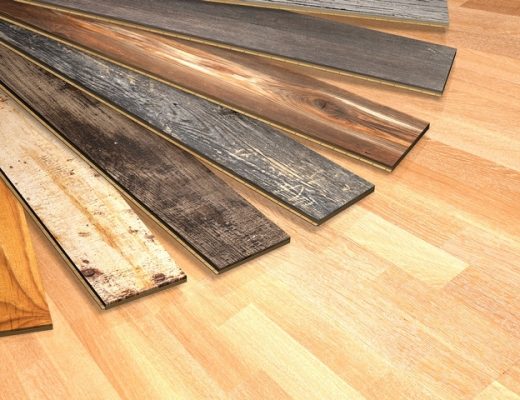Buying a home during a recession will likely send most people running for the hills. When costs go up along with interest rates, it isn’t the best time for many. However, if you are in a position with a stable income, there are advantages to buying during a recession. Lower home prices, less competition and better purchase conditions, to name a few.
If you are considering purchasing a luxury house during a recession, here are some tips to ensure a successful experience.
1. Get Your Finances Organized

You must be sure that your finances are in excellent shape if you plan to buy luxury houses for sale during a recession. A reliable, steady income and job security are of utmost importance. Especially if this is your first home, make sure you understand the costs associated with home ownership, including property taxes, insurance, and maintenance. You should save a down payment, ideally twenty percent, and you will get a better mortgage rate and a good credit score.
Once you have your down payment sorted out, you still need to consider what kind of mortgage payment you can afford, as this will inform your price range when you are house hunting. It is probably not the best time to buy if you don’t have these ducks in a row.
2. Shop Around for your Mortgage

You want to find the best terms and rates for your mortgage. Different lenders will offer different rates, so it is wise to compare lenders before making your choice. Consider going with a mortgage broker, who will shop for you to find the best product.
3. Get Pre-Approved

Pre-approval means that a lender has examined your finances and determined the mortgage you can afford. Even though the market during a recession will not usually be overly competitive, it’s still possible that you may find yourself up against another bidder.
Being pre-approved can make your offer stand out as the more desirable one. It can also speed up the closing process after your offer is accepted.
4. Do Your Research

Buyers generally have the advantage during a recession, but you should still do your homework before buying a house. Being a homeowner is a big commitment, and you want to ensure you make the best choice. Take the time to research listings so that you have a better idea of the price range in the area where you are looking.
Prepare a wish list that includes the features you must have versus ones that would be a nice bonus. Also, make sure that you understand how the home-buying process works.
5. Find a Great Real Estate Agent

While it’s possible to buy a home on your own, working with a reputable real estate agent is always a good idea. A knowledgeable realtor will understand the home values in the area and can advise you on a fair offer. They will also have access to the information you may not be able to get on your own, like if you have competition or if the seller is motivated.
A great agent will even help you identify potential problem areas in the home that may require repair and help negotiate the price accordingly.
6. Avoid Bidding Wars

The whole reason you are house shopping during a recession is to get a great deal. Don’t let your emotions get the better when deciding which home is right for you. A bidding war wastes time and money, especially in a down market. Pick your price ceiling, stick to it, and be prepared to walk away from a property.
7. Walk Away when Necessary

Remember that during a recession, it is a buyer’s market. Real estate prices usually drop as inventory increases. In a slow market, there are a variety of choices available. If you are not getting the deal you want, walk away, and look at the next home on your list.
It can happen that a seller doesn’t understand that they are at a disadvantage and refuse to accept any offer less than what they think their home is worth. Stick to the price limit you decided on; if you can’t make the deal, move on to the next opportunity.
8. Look for Motivated Sellers

Especially during a recession, some homeowners may be trying to sell their homes in a hurry. This gives you more bargaining power. If you find a motivated seller, you can make a lower offer or ask them to throw in furniture or fixtures you like. A home on the market for an extended time or an empty house are two signs of a possibly motivated seller.
There are benefits – and also drawbacks – to buying a home during a recession. It could be the right move for you if you are lucky enough to be in a position of financial stability.




